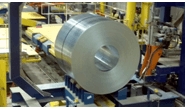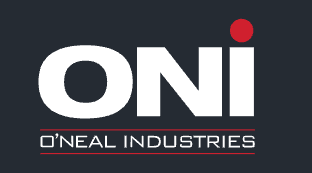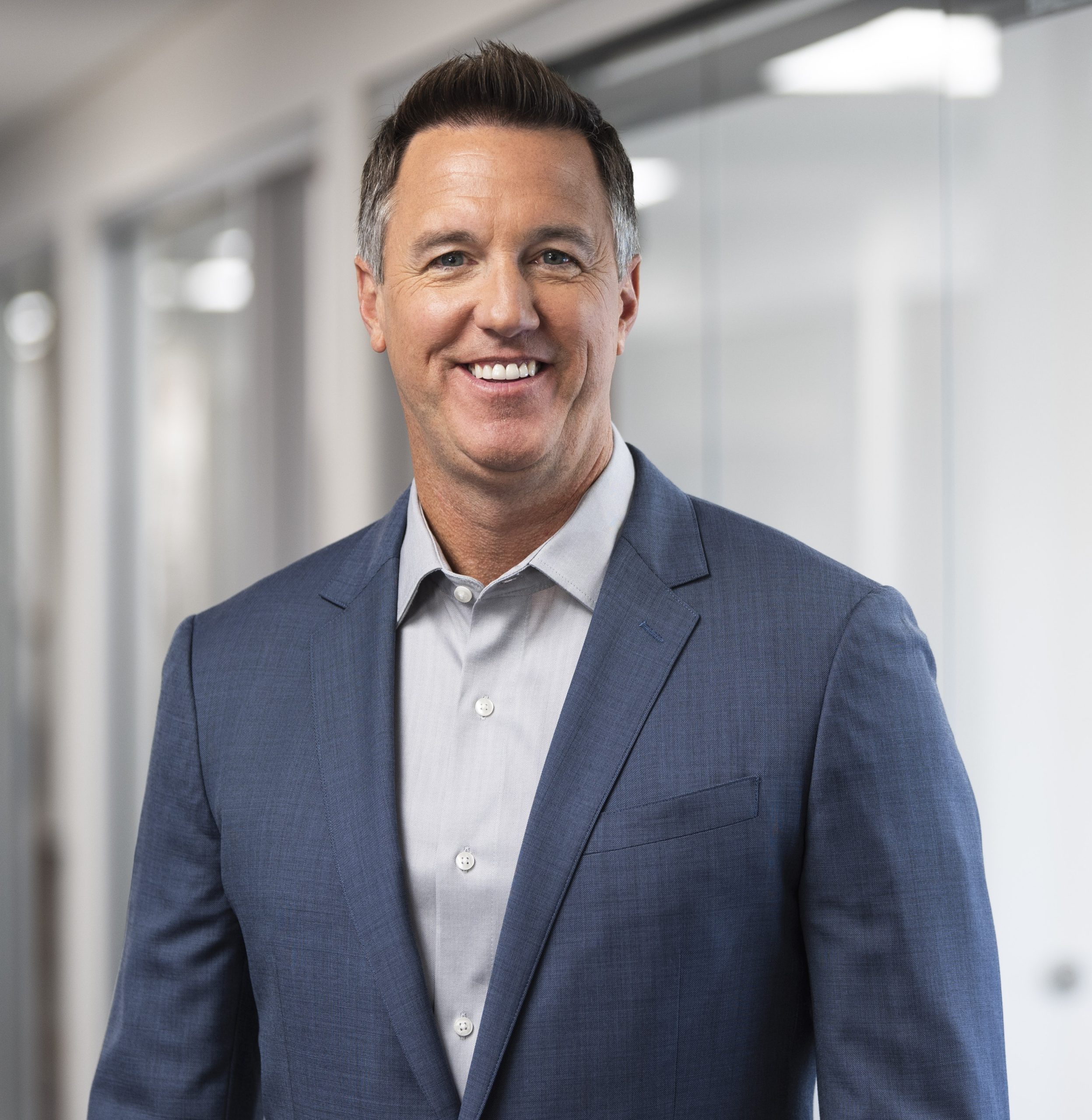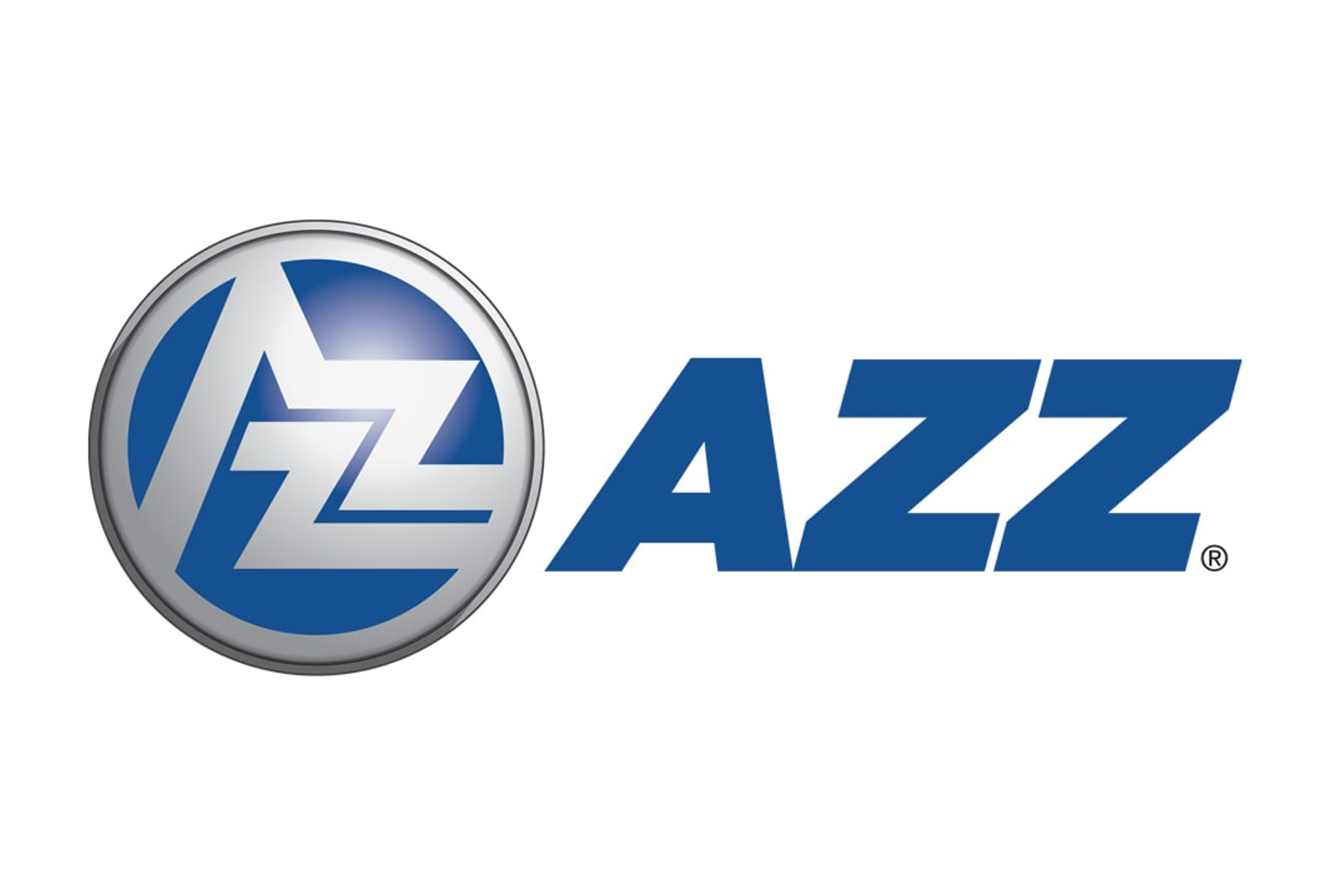Distributors/Service Centers

August 27, 2019
Steel Distributors Discuss Demand, Tariffs and Labor at SMU Summit
Written by Sandy Williams
Steel demand from the agricultural sector is down substantially, according to a panel of steel distributor and processing CEOs at the 2019 SMU Steel Summit. North American farming profits were hit hard in 2019 by weather, high steel prices and retaliatory Section 232 and 301 tariffs, impacting the ability of farmers to invest in equipment.
At Monday’s meeting in Atlanta, Eddie Lehner of Ryerson, John Reid of Russel Metals and Kurt Russell of Precoat Metals, agreed that nonresidential construction demand has been relatively steady and growing while demand remains soft in agriculture and energy. The panel was cautiously optimistic about improving service center demand in 2020.
Section 232 and 301 tariffs have had mixed results for service centers and customers. While effective in reducing import levels for mills, tariffs contributed to steel price volatility that had customers holding back on purchases while waiting to see where prices would settle. Steel prices saw an early boost from tariffs before falling dramatically beginning in mid-2018 and making a modest recovery in recent weeks. Some customers reported struggling to find the metal they needed and, in some cases, moved on to other sources for their manufacturing needs.
The panelists recognized the importance of having a healthy primary metals industry where the rules of trade are known and respected by all. “No one likes tariffs, it’s an imperfect mechanism, but it is being used to reset the global trading system,” said Lehner. He went on to note that the U.S. has had a trade deficit since 1975 that exponentially increased when China was admitted to the market.
The service center industry needs to find a way to be competitive in the world market, not just domestically, said Reid.
When asked where steel prices are likely to be next year, the panelists said it would be a challenge to predict a price for 2020.
New U.S. steel capacity is welcomed in the service center industry. Russell said geography is a huge part of Precoat Metals’ strategy. “We are happy to take anyone’s steel. Anything that impedes the metal supply for our customers is a challenge for us,” he said.
Russell added that one of the biggest headwinds facing the industry is a shortage of qualified workers. All three panelists remarked on efforts that they were taking to attract and retain young people to the industry.
The three CEOs referrred to the labor pool as having a “lost generation” and a “generation skipped.” Educating young people about the industry, providing training, a desirable culture and exposing them appropriately to an industrial environment is crucial to rebuilding the workforce, the agreed.
Looking toward the election next year, Reid, whose Canada-based company does business on both sides of the border, said it will be a “no holds barred election” that will be very different from others in the past. Russell added there needs to be some resolution on trade before we get into the heat of the presidential election.







